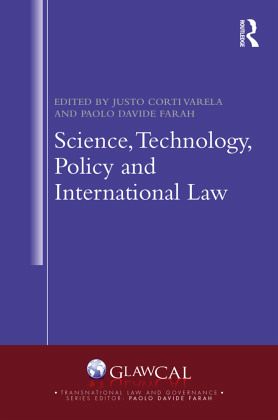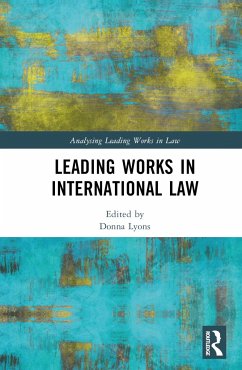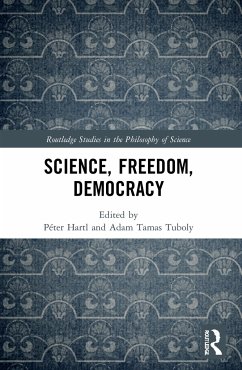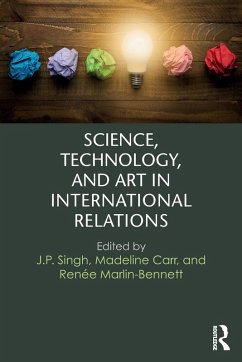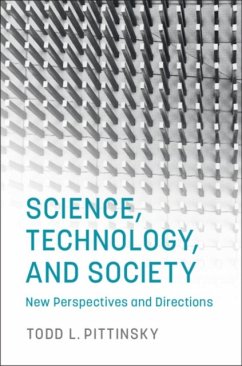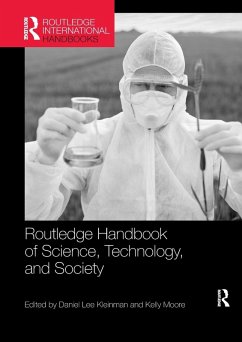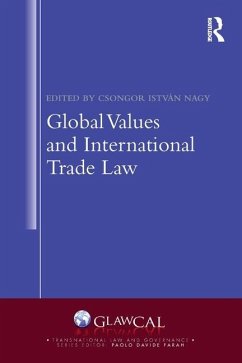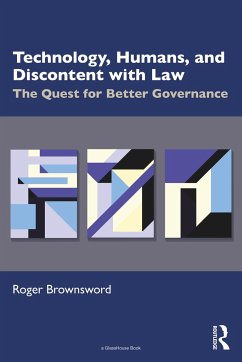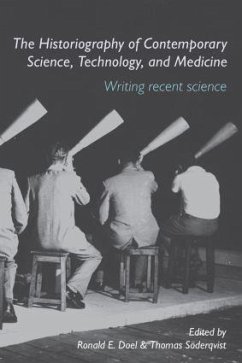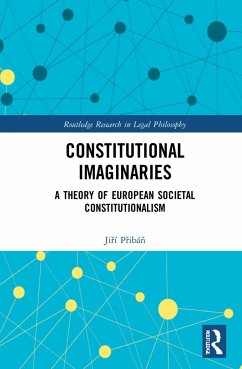Justo Corti Varela is an associate professor of public international law and international relations at the National University of Distance Education (Spain) and the deputy dean of the School of Law and is responsible of the Quality and Innovation Policy of the faculty. Qualified in Spanish and in Argentina law, he is a member of the Bar in both countries. Previously, he has been a senior fellow and EU project manager at the Royal Institute for European Studies (Madrid), a visiting professor of Université de Nanterre (Paris 10), a postdoctoral researcher at CNRS (Paris), a visiting scholar at the University College London and at Scoula Superiore Sant'Anna (Pisa), and a member of the judicial office in several jurisdictions. He obtained a PhD in law summa cum laude under the supervision of Prof. Gil Carlos Rodriguez Iglesias, former president of the European Court of Justice (between 1994 and 2003). He also holds an LLM in EU law by Complutense University (Spain), and an LLB in law by the National University of Littoral (Argentina). He holds a Jean Monnet Module on European Climate Law and leads as the main researcher a national project on climate migrations, awarded by the Spanish Research Agency, coordinating a multidisciplinary research team, including biologists, sociologists, anthropologists, and lawyers. As project manager of the Royal Institute for European Studies, he coordinated eight European projects involving universities and research teams from United States, United Kingdom, China, Germany, France, Belgium, Holland, Denmark, Italy, Portugal, Croatia, Brazil, and Argentina, organizing events, coordinating publications, and managing a multilingual and multicultural research staff. His areas of expertise research are global governance, European and international economic and environmental law, and the new technologies international regulation. Being a leading expert in biotechnological regulation since his PhD, much more recently, he has been involved in the regulation of the climate transition, studying the interactions of rules and proceedings at national, European, and international levels and how they impact on the most vulnerable people. Energy security, climate migrations, climate justice (and injustices), and the new perspectives of the role of law for managing the Anthropocene era are part of his recent interests, pushing his research to a much more holistic vision of societal problems linked to climate change. He has produced two monographs, seven books, and more than 50 chapters, articles, and working papers written in English, French, and Spanish and published with international publishers. He is a member of the board of the Revista de Derecho Comunitario Europeo (Ministry of Presidency, Spain) and the chair of the interest group on bio-law at the European Society of International Law. He teaches at the Diplomatic School of Spain (Ministry of Foreign Affairs) and gives advice, regularly, to national and international institutions on his areas of expertise. Paolo Davide Farah is a full professor at West Virginia University, Eberly College of Arts and Sciences, John D. Rockefeller IV School of Policy and Politics; founder and director of the West Virginia University, Energy Justice and Just Transition Lab; and founder and coordinator of the Eberly College Interdisciplinary Research Collaborative on Global Challenges and Local Response Initiatives. He is a visiting professor of law at the University of Pittsburgh School of Law; the founder, president, director, principal investigator, and senior research fellow at gLAWcal - Global Law Initiatives for Sustainable Development (United Kingdom); an "internationally renowned professor/distinguished professor of law" (full professor level) at the Beijing Foreign Studies University (BFSU), Law School, Beijing, China; and a senior research fellow at the Institute of International Economic Law (IIEL), Georgetown University Law Center, Washington, DC, USA. He is teaching and researching in law, public policy and public administration, democratic context of public administration, legal and political foundations, international law, climate change, international trade, business and human rights, social justice, sustainable development, and energy and environmental law and policy. Professor Farah is an expert in the interaction among trade, economic globalization, and non-trade concerns, such as sustainable development, energy, environment, and human rights. He has variously taught classes in different institutions on public international law, international economic law and WTO law, European law, comparative law, and Chinese law in Italy (2003-2011), in the UK as a senior lecturer in law, associate professor (2012-2014), and in the USA and China as a visiting professor (since 2008). He acts as the editor-in-chief for the book series Transnational Law and Governance and for the book series Global Law and Sustainable Development (in English), published by Routledge (New York/London). He is the series editor for Global Issues. He was a visiting scholar (2011-2012) at Harvard Law School, East Asian Legal Studies Program. As a scientific director, since 2006, he has been coordinating the Summer Law Institute in China, Executive Education Training Program (www.summerlawinstitute.com), held in China. He was an international consultant and legal advisor for projects implemented for the United Nations Development Program (UNDP), for the Italian Ministry of Economic Development and Commerce, and for the OECD. He has previously worked at the Legal Affairs Division of the World Trade Organization in Geneva and was an associate lawyer of Baker & McKenzie Law Firm, Milan, Italy. Professor Farah has collaborated in different roles with the European Union Chamber of Commerce in Beijing (China), the China-Italy Chamber of Commerce (CICC) in Beijing (China), Freshfields Bruckhaus Deringer International Law Firm in Beijing (China), Assolombarda (Italian Entrepreneurial Association of Lombardy Region, the largest regional Entrepreneurial Association of Confindustria), ANCI (Italian Association for Shoes Producers), Chamber of Commerce in Milan, and Banca Popolare di Milano. From 2018 to 2022, he served as an elected board member of the European Society of International Law (ESIL), and since 2016, he has been the chair of the ESIL Interest Group on International Environmental Law (elected for an additional term until 2024). Professor Farah also served as the vice-chair (2019-2020) and chair (2020-2023) of the American Society of International Law (ASIL) Interest Group on International Environmental Law; the vice-chair (2020-2021) and chair (2021-2023) of the American Society of International Law (ASIL) Interest Group on International Law and Technology. From 2017 to 2020, he was the chair for the ASIL Interest Group on Intellectual Property Law. From 2014 to 2022, Professor Farah was an appointed member of the International Law Association, ILA Committees on Sustainable Development, and the Green Economy in International Trade Law and ILA Committee on Role of International Law in Sustainable Natural Resource Management for Development. Since 2023, he has been an appointed member of the International Law Association - ILA Committee on Submarine Cables and Pipelines under International Law and since 2024 an appointed member of the International Law Association - ILA Committee on Business and Human Rights. Professor Farah has more than 60 peer-reviewed and US law review articles or book chapters, nine books and six journal special issues published or forthcoming, and 20 additional peer-reviewed publications in Italian, French, Spanish, and Chinese. He has presented his work to more than 150 international conferences and workshops. Professor Farah was a guest editor-in-chief for the SSCI Journal of World Energy Law and Business , and a guest editor-in-chief for SSCI Journal Sustainability. Professor Farah's work has appeared or is forthcoming in such journals as Arizona State Law Journal, Connecticut Law Review, UMKC Law Review, Oregon Law Review, University of Pittsburgh Law Review, West Virginia Law Review, Georgetown International Environmental Law Review, Columbia Journal of Asian Law, Duke Environmental Law and Policy Forum, Fordham Environmental Law Review, Brooklyn Journal of International Law, Journal of International Economic Law, Journal of World Energy Law and Business, Journal of World Trade, Leiden Journal of International Law, MDPI Sustainability, Journal of Cleaner Production, Asian Journal of WTO & International Health Law and Policy, Legal Issues of Economic Integration, and European Energy and Environmental Law Review. He has coordinated and led, as a principal investigator or major co-principal investigator, externally funded research grants for an overall amount of $2 million. He graduated with a maîtrise in international and European law from Paris Ouest La Defense Nanterre University (France), LLM in European legal studies from the College of Europe in Bruges (Belgium), and a dual PhD in international law from Aix-Marseille University (France) and University of Milan (Italy).
